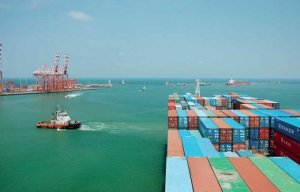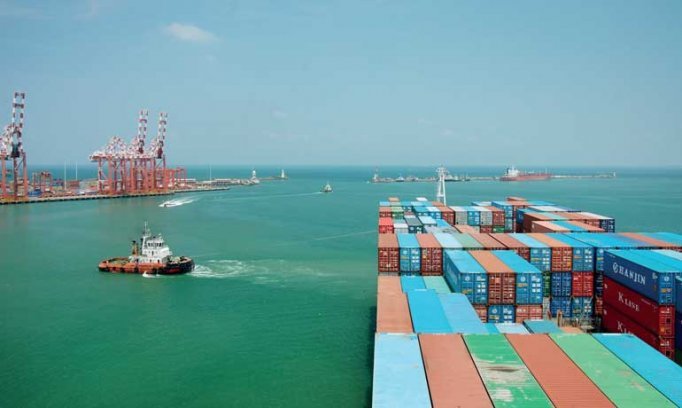
JAAF reports mixed export results
Sri Lanka gains from liberalised apparel rules of origin.

20th August 2025
Knitting Industry
|
Colombo, Sri Lanka
The Joint Apparel Association Forum (JAAF) has welcomed the UK Government’s announcement of liberalised rules of origin under the Developing Countries Trading Scheme (DCTS), which will take effect in early 2026.
The reform allows Sri Lankan manufacturers to source up to 100% of garment inputs from any country worldwide while maintaining tariff-free access to the UK. This marks a significant upgrade to existing trade arrangements, easing restrictions on processing and aligning Sri Lanka’s apparel sector with countries benefitting from “Comprehensive Preferences” under the DCTS.
The UK remains a key destination for Sri Lankan apparel exports. With simplified rules, manufacturers are expected to compete more effectively, diversify sourcing strategies, and sustain consistent access to UK buyers. These changes reinforce Sri Lanka’s role as a trusted, value-added supplier within global fashion supply chains.
JAAF Secretary General Yohan Lawrence said: “This reform is a timely recognition of Sri Lanka’s role as a resilient and responsible sourcing destination. By removing restrictions on input sourcing, the UK has levelled the playing field for our manufacturers, giving them the flexibility to deliver greater value to global brands and UK consumers alike. We see this as an opportunity to expand trade, strengthen industry competitiveness, and secure more jobs and livelihoods across Sri Lanka’s apparel sector.”
The development follows constructive engagement between the UK High Commission, the Department of Commerce, and Sri Lanka’s apparel industry. The liberalised rules are expected to boost exports, enhance efficiency, and strengthen trade relations between the UK and Sri Lanka.
Sri Lanka’s apparel industry remains the nation’s largest export earner, employing over 350,000 people directly and supporting more than a million livelihoods across its value chain.

Business intelligence for the fibre, textiles and apparel industries: technologies, innovations, markets, investments, trade policy, sourcing, strategy...
Find out more